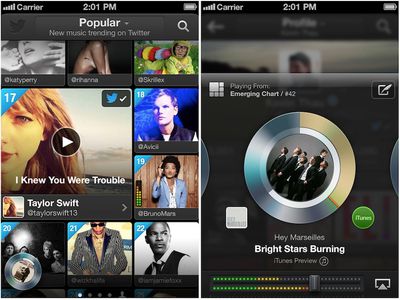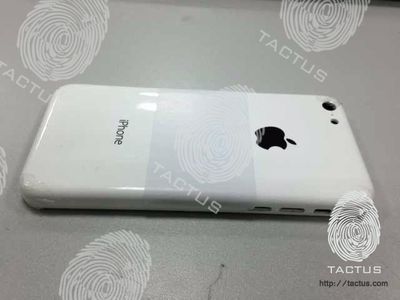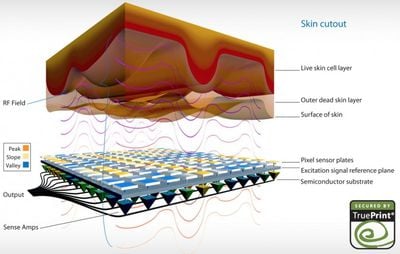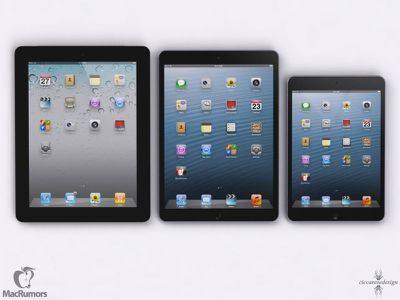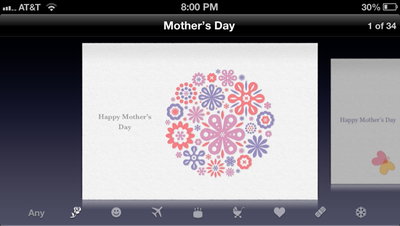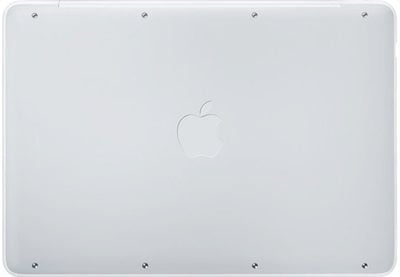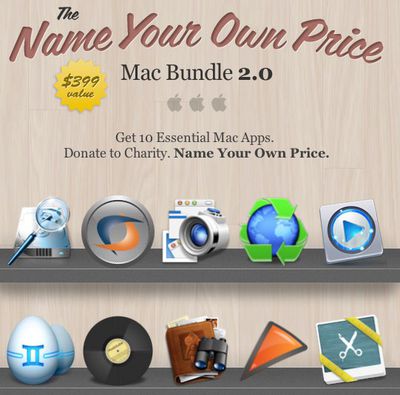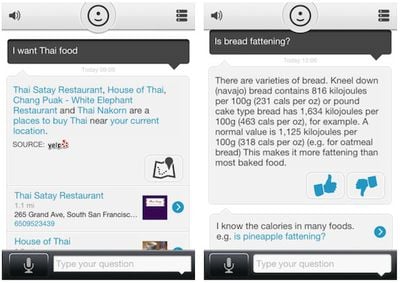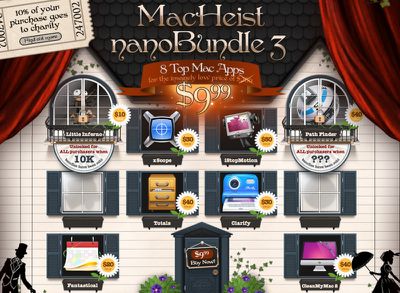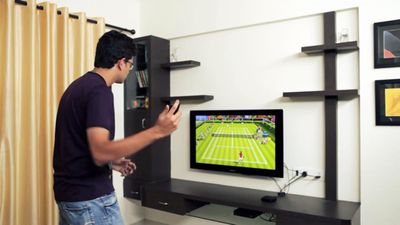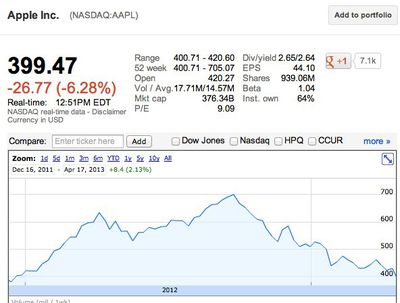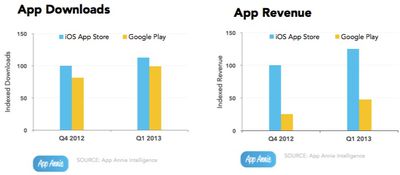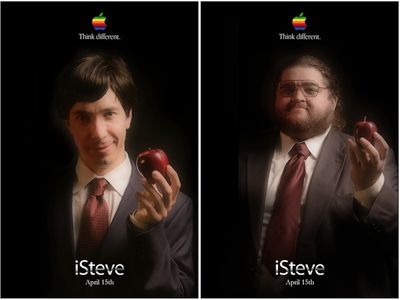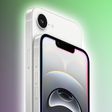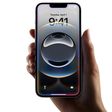![]() Over the past ten days, we've been tracking the story of AppGratis, the app discovery service that saw its app pulled from the App Store by Apple as part of the first phase of a broader crackdown on apps that could be confused with the App Store itself or which might be used to game the App Store rankings.
Over the past ten days, we've been tracking the story of AppGratis, the app discovery service that saw its app pulled from the App Store by Apple as part of the first phase of a broader crackdown on apps that could be confused with the App Store itself or which might be used to game the App Store rankings.
Following the removal of AppGratis from the App Store, CEO Simon Dawlat claimed that the service was "far from finished" and that existing users of the app could continue to receive daily deals while AppGratis works on a solution to the issue.
But as noted by TechCrunch, Apple now appears to have used yet another tool in its effort to shut down AppGratis, revoking the existing app's ability to send push notifications to users alerting them of each day's deal.
The move was reported earlier by French publication JDN which said AppGratis informed subscribers that Apple had killed notifications in an emailed newsletter. TechCrunch has obtained a copy of the email sent to (Italian) AppGratis subscribers — the first part of which is embedded below. As well as explaining to subscribers why they haven’t received a push notification from the app that morning, it urges them not to panic, and says AppGratis will be launching a daily special offers newsletter to keep them informed about app offers.
TechCrunch points to a new blog post from Dawlat outlining plans for AppGratis going forward, including new newsletters and an HTML5 web app to help skirt around Apple's App Store ban.
But while the company may be able to develop some workarounds for its services, it is clear that Apple is committed to shutting down AppGratis for iOS and is not interested in having discussions that could potentially lead to an alternative resolution.


